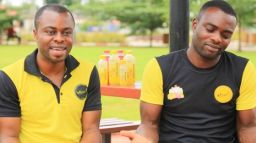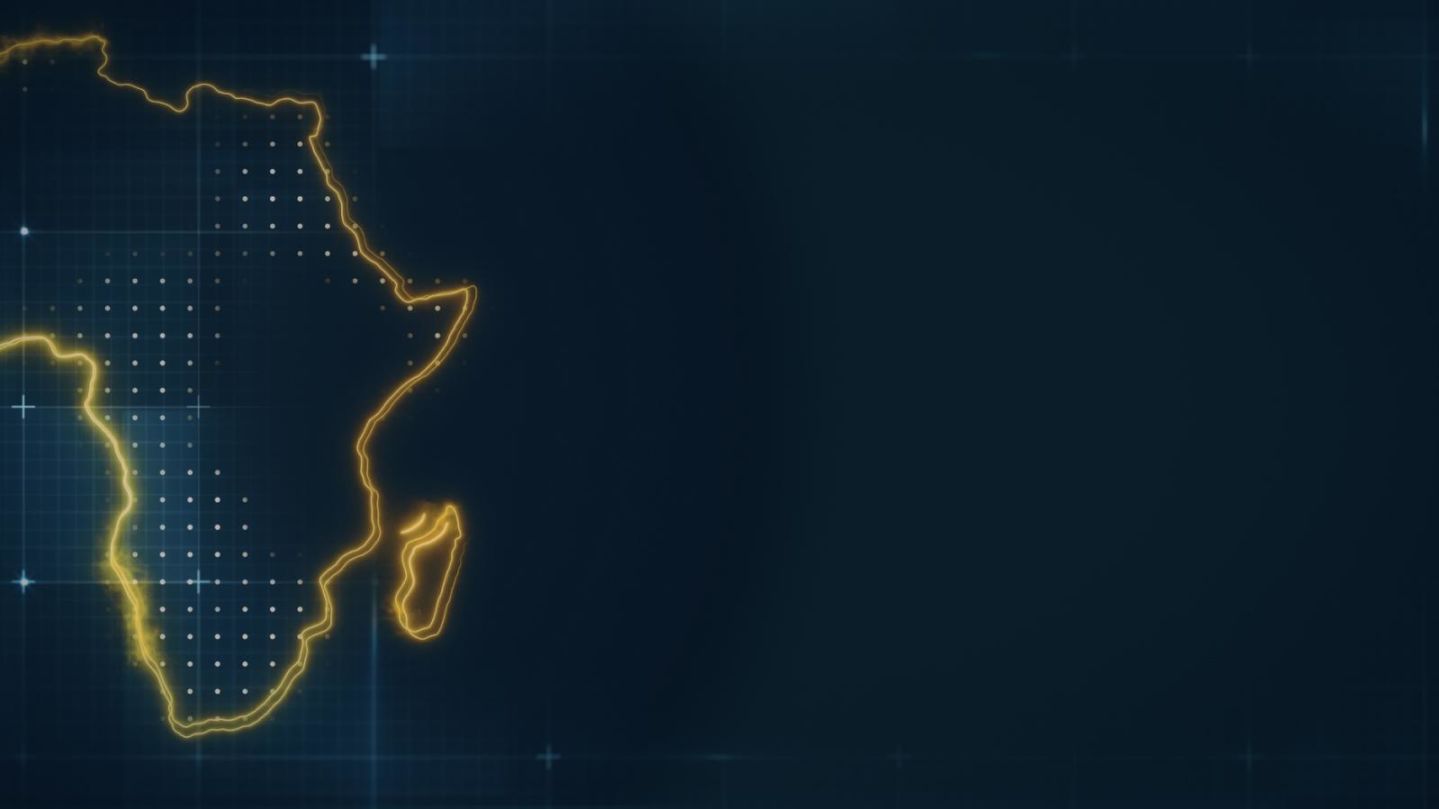Story highlights
From college stands to a factory, 2 brothers have built a juice business in Nigeria
The brothers now produce 24,000 bottles of juice daily
Talk to everyone when trying to start, say the duo
They started out selling cups of lemonade at their college, but now two brothers have built a company in Nigeria which distributes its juice in over 650 locations in 18 states in Africa’s second largest economy.
With just $5, Seun and Seyi Abolaji set up Wilson’s Juice company in Lagos, Nigeria in 2010. They say their company is now worth millions.
Their company produces about 24,000 bottles of lemonade daily in a factory they built which employs 30.
Talk to everyone
Since starting the company, the two have raised nearly $200,000 with the help of family and friends and their own savings.
“When we started thinking about Wilsons in Nigeria, there was nobody doing lemonade. We went around to anybody who would let us in their factory, and we just started asking questions,” said Seun Abolaji.

They talked to yogurt and water companies, and big companies that were doing fizzy drinks, and thought: “Hey, why is there nobody doing juice in a bottle?”
The two seized the chance to tap into this new market. “We saw an opportunity with fresh juice and with lemons, it has so many health benefits,” said Seun, who added it’s a healthy alternative to what’s on the market now.
“There are a lot of challenges…but could we have started this company in the United States? I doubt it. We would need $10 million. We started this whole company with 2,000 naira. That’s $5 now. And that’s the beauty of Nigeria, you can have a naira and a dream,” said Seun.
Local first
The pair hope to create a brand that will become a household name, first focusing on making sure they saturate Lagos and Nigeria, but the duo don’t see why they can’t go further afield.
“We believe there’s still a lot of work and a lot of value to add here. But from the very beginning we’ve seen ourselves as a global brand. We made a product, and we’re making products, that can stand on the shelf anywhere in the world,” said Seyi.
“At the end of the day, when life gives you lemons, what are you going to do?” added Seun.


